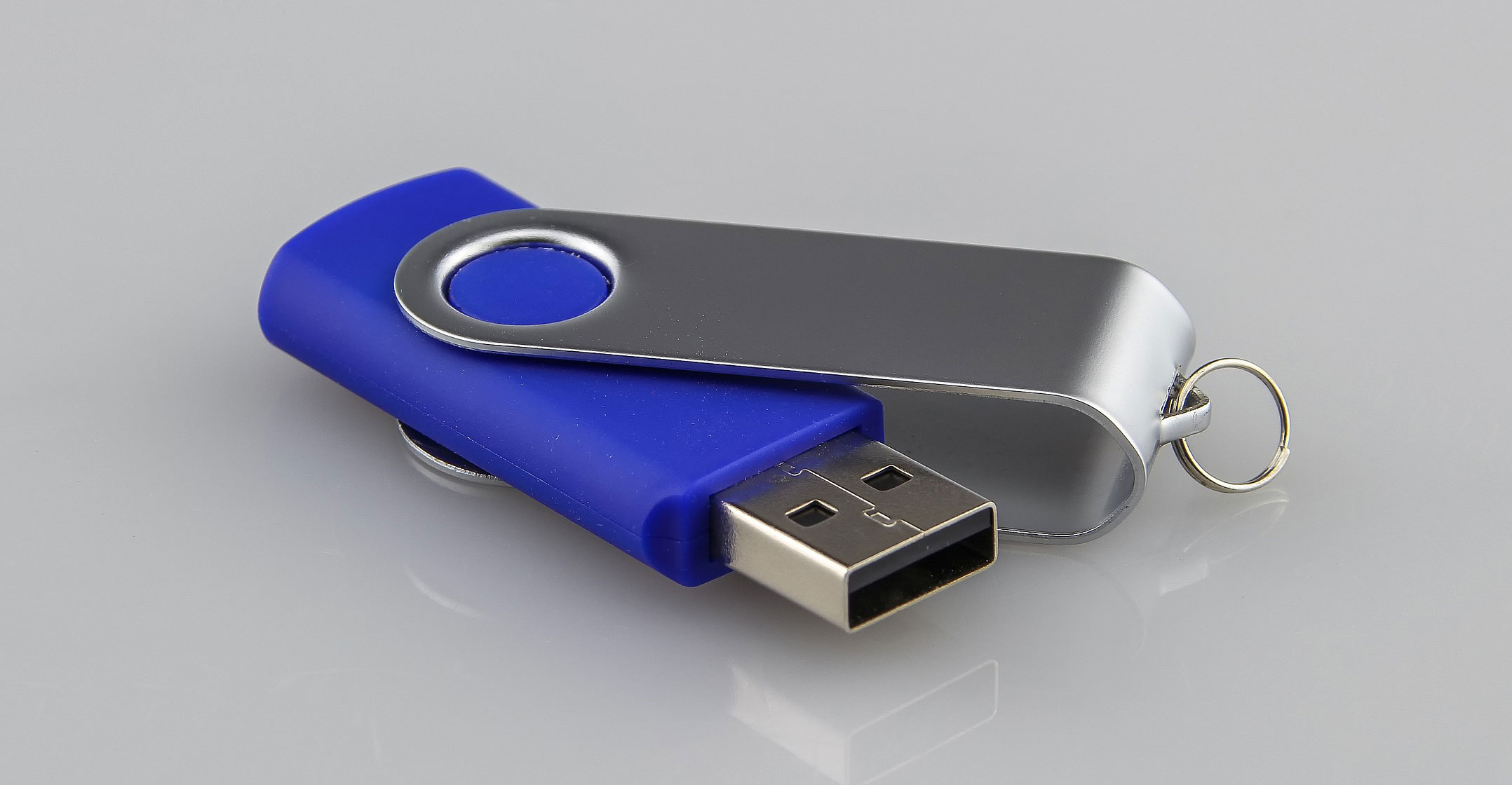 Microsoft has set the record straight on fears of data loss when removing USB storage devices from a Windows PC, confirming that you no longer have to use the safely remove hardware feature as previously recommended.
Microsoft has set the record straight on fears of data loss when removing USB storage devices from a Windows PC, confirming that you no longer have to use the safely remove hardware feature as previously recommended.
It has long been considered essential to click the “safely remove” or “eject” option in the operating system, found by right-clicking the USB icon at the bottom of the screen, but since the latest October update to Windows 10, it is no longer necessary.
The company said that it has changed the way Windows handles USB devices, moving to a “quick removal” method, which makes it secure to remove devices at any time — except for when documents and files are still open and being read from it.
Quick removal is the default setting for any storage device since the Windows 10 October Update was rolled out, meaning anyone using the latest version of the software can take devices from their machines without taking any prior action.
Anyone using older versions of Windows 10 or Windows more widely should continue to use the “safely remove” feature to avoid data loss.
Last month, Microsoft started warning users of Windows 7 that the operating system is nearing its end-of-support date, with only nine months to go until the company stops maintaining the nearly decade-old software.
Notifications informing users of PCs still running Windows 7 will start to appear in April, the tech giant said, and will continue to pop up a “handful of times” throughout 2019 — although there is an option to switch them off.




